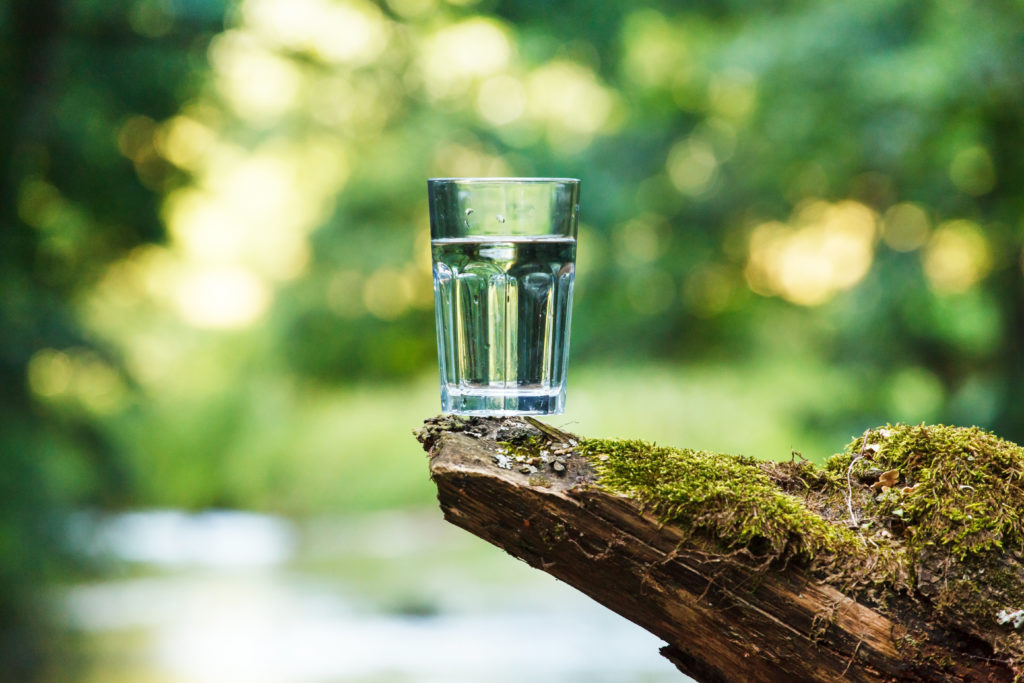
Two Studies Underscore the Link Between Hydration and Health
If you or your clients are poor hydrators, two new studies may convince you to dive in and figure out a way to keep your cells bathed. Since our bodies consist mostly of water, it stands to reason that maintaining homeostasis will keep them content—while failing to hydrate can make them deeply unhappy.
Dehydration and Cardiovascular Health
Mild dehydration can impair vascular function nearly as much as smoking a cigarette, according to new research in the European Journal of Nutrition. Though the study sample was small (just 10 subjects), results indicate that hydration levels—peven mild dehydration in healthy, young males—play a role in the risk of cardiovascular disease.
Stavros Kavouras, PhD, FACSM, associate professor and coordinator of the exercise science program at the University of Arkansas, led the international team that published the study, which found a connection between minor dehydration and negative endothelial function with impaired cardiovascular health in humans. Endothelial function is the dilation and constriction of the endothelium, the inner lining of blood vessels. It plays a critical role in cardiovascular health. Atherosclerosis is the loss of flexibility in the blood vessels that leads to hardening of the arteries, a known contributor to cardiovascular disease.
“You could be mildly dehydrated without knowing it while you have endothelial impairment similar to smoking a cigarette,” Kavouras said. “The degree of dehydration when these changes occur is at less than 2% dehydration, which is around the threshold when people start feeling thirsty.”
Plain-Water Consumption Boosts Dietary Benefits
Drinking just 1–3 more cups of plain tap water per day can help people control their weight by reducing their intake of sugar, sodium and saturated fat, reports a study in the February issue of Journal of Human Nutrition and Dietetics.
Whether the 18,311 U.S. adults studied in the NHANES cohort consumed plain tap water or drank from a cooler, drinking fountain or bottle, the majority of those who increased their water intake by just 1% also reduced their total daily calorie intake and consumed less saturated fat, sugar, sodium and cholesterol.
Those who increased their daily water consumption by 1, 2 or 3 cups decreased their total daily energy intake by 68–205 calories and lowered their sodium intake by 78–235 grams, according to study authors Ruopeng An, PhD, and Jennifer McCaffery. Subjects also consumed 5 to nearly 18 grams less sugar and decreased daily cholesterol consumption by 7–21 grams.
“The impact of plain water intake on diet was similar across race/ethnicity, education and income levels and body weight status,” said An, University of Illinois kinesiology and community health professor. “This finding indicates that it might be sufficient to design and deliver universal nutrition interventions and education campaigns that promote plain water consumption in replacement of beverages with calories in diverse population subgroups without profound concerns about message and strategy customization.”